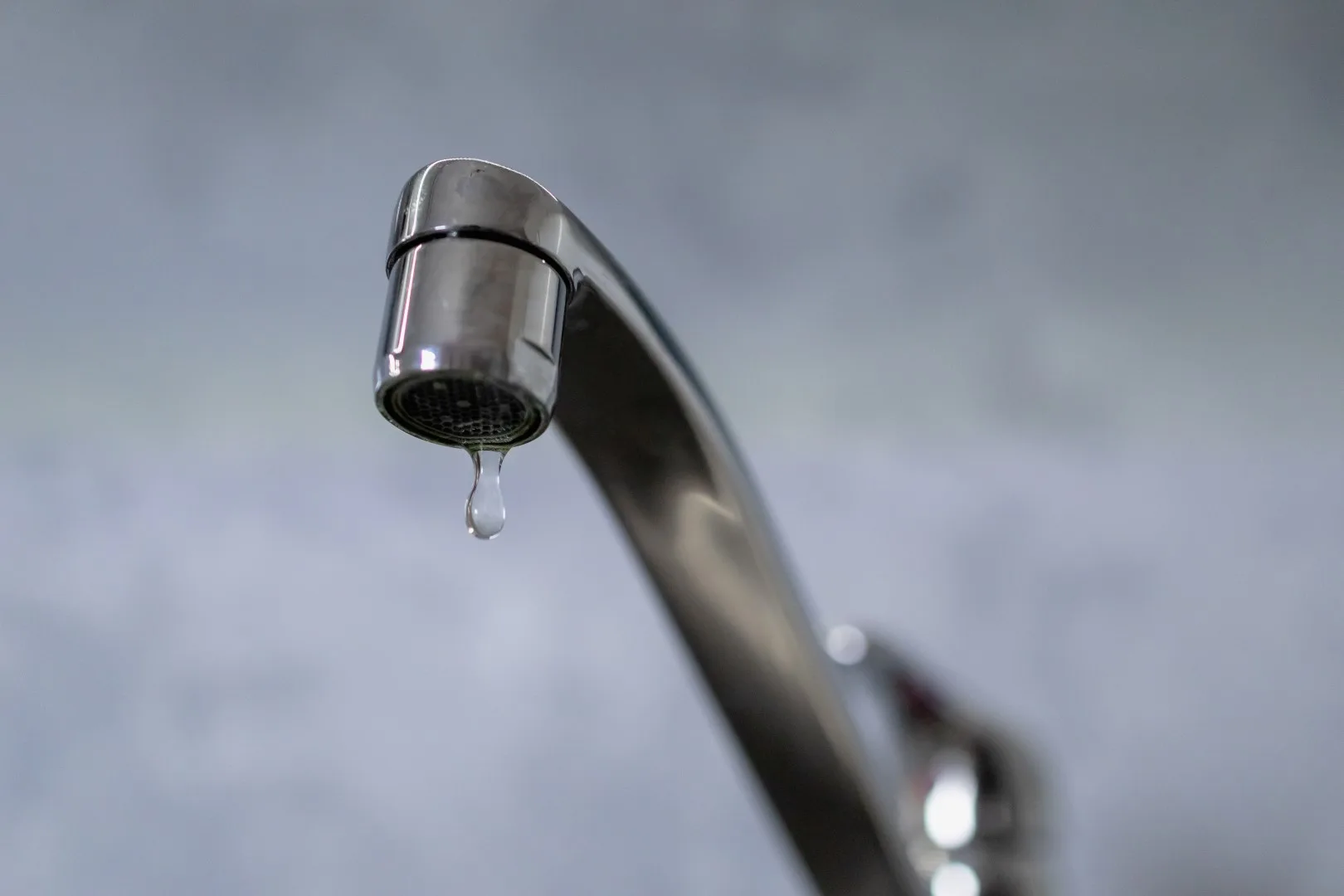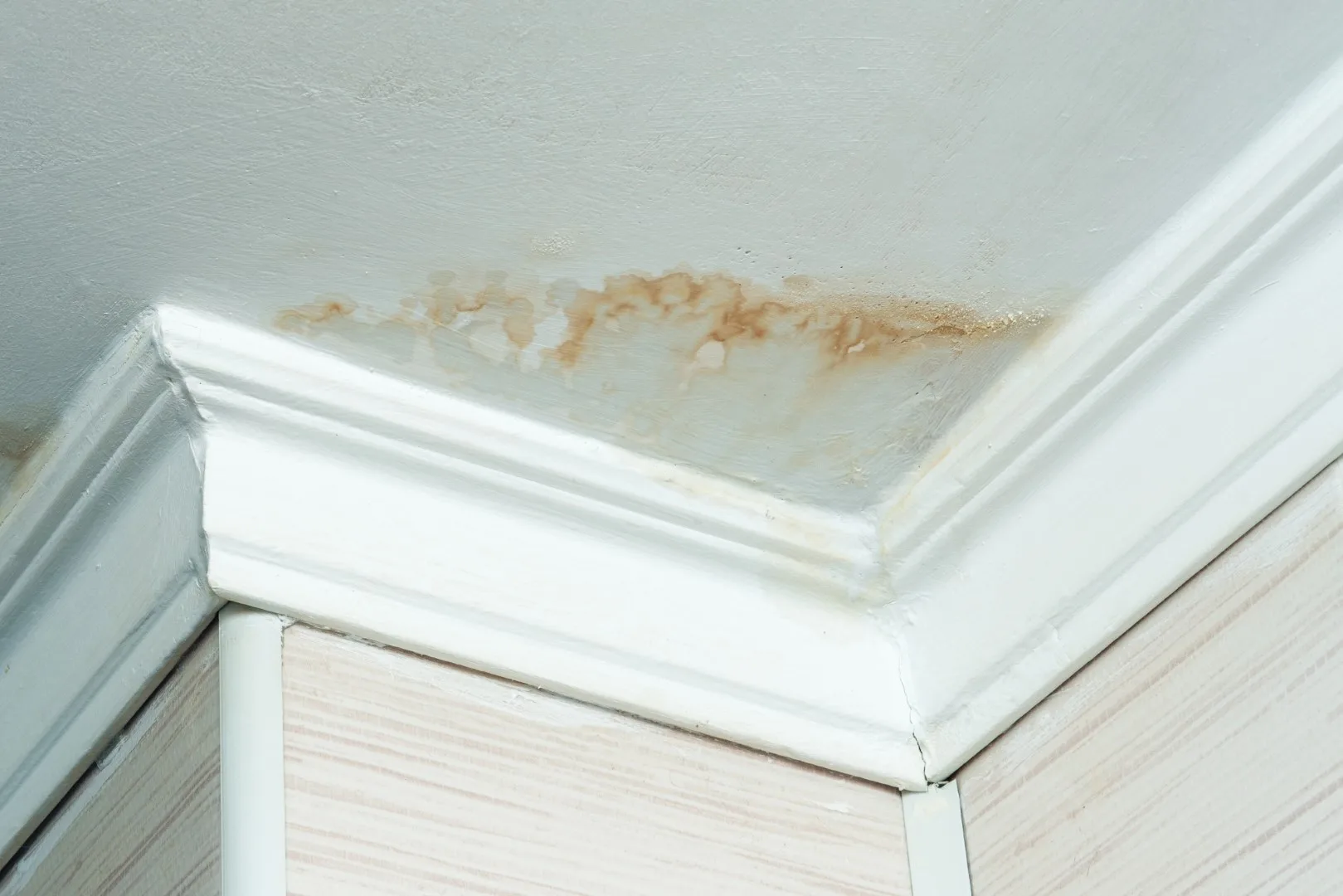It’s easy to ignore a small faucet drip or a tiny water stain on the ceiling, but small leaks can have serious consequences over time. An insignificant issue can escalate into major structural damage, costly repairs, and possible health hazards, such as mold. Here’s why you should never ignore small water leaks in your home.

Hidden Structural Damage
Water leaks, even the smallest ones, can seep into walls, floors, and ceilings and weaken the structure of your home. Over time, this can cause wood to rot, drywall to crumble, and even lead to foundational issues. A water leak also has the potential to destroy or damage your furniture or other valuable items if they are near.
What starts as a minor leak can turn into a costly repair that could have been avoided if taken care of earlier.
Mold and Mildew Growth
Damp areas create the perfect breeding ground for mold and mildew. These fungi not only cause unpleasant odors but can also pose serious health risks. Mold remediation may be expensive and complicated, making it far better to fix a leak before it becomes a breeding ground for mold.
Pest Infestation
Many pests, such as termites, cockroaches, and rodents, are attracted to damp areas. A persistent leak creates an inviting environment for unwanted guests, leading to infestations that can be difficult and costly to eliminate.
Health Hazards
Water has the potential to become tainted by elements in the environment. If polluted water is ingested or comes in contact with skin, it could cause severe health problems. Mold and mildew can also release spores into the air that are harmful when breathed in, especially for those with preexisting respiratory conditions. Pest infestations can also pose health risks as they may carry illnesses, such as malaria.
Increased Water Bills
Small water leaks in your sink or pipes can lead to a significant increase in your water bill without you even realizing it. A leaky faucet can waste over 30,000 gallons of water per year. If you fix a small leak, you save money and conserve water.
Decreased Water Pressure
If you have small water leaks in your main water line, you may have a noticeable drop in water pressure throughout your house. A clog or water leak prevents all the water from flowing, causing low water pressure.

Electrical Hazards
Water and electricity are a dangerous combination. If you have a water leak near an outlet or other wiring, you could end up with the perfect fire hazard. Addressing leaks early means less chance of malfunctions, short circuits, or fires. If you notice a leak near any wiring, make sure to switch off the electricity to minimize the risk.
Decreased Property Value
If your house has a history of water damage, it could impact the value of your home and make it harder to sell. Potential buyers may view water damage as a red flag, fearing hidden issues and future expensive repairs. Addressing leaks immediately maintains your home’s value and appeal.
If small water leaks are left to drip for many weeks, pipes could start to become corroded, leading to even more leaks or even burst pipes, further tainting your home’s value.
How to Prevent Water Leak Issues
- Monitor your water pressure and water bills. Low pressure could be a sign of a clog or leak and an unusually high water bill could mean you have a water issue.
- Regularly monitor and check your appliances, basement, attic, walls, floors, and sinks for signs of leaks. You may have an issue if you notice a musty smell, warping floors, discoloration, water stains, or hear dripping water even when the faucet is turned off.
- Clean and maintain your gutters and downspouts to keep water from leaking into your home. A few times a year you should also check your roof for loose or missing shingles and your chimney’s mental flashing for issues.
- Insulate the water lines in your house to prevent small water leaks, especially in the coldest areas of your home. Areas that could benefit from extra insulation include those in your basement, garage, and beneath sinks.
Don’t Wait to Fix a Minor Water Leak
Small water leaks may not seem like a big deal today, but they could become a huge issue tomorrow. Taking immediate action protects your home from damage, saves you money, and keeps your living environment safe and healthy. If you notice a leak, don’t ignore it — fix it now or call a professional to prevent bigger problems down the road.
